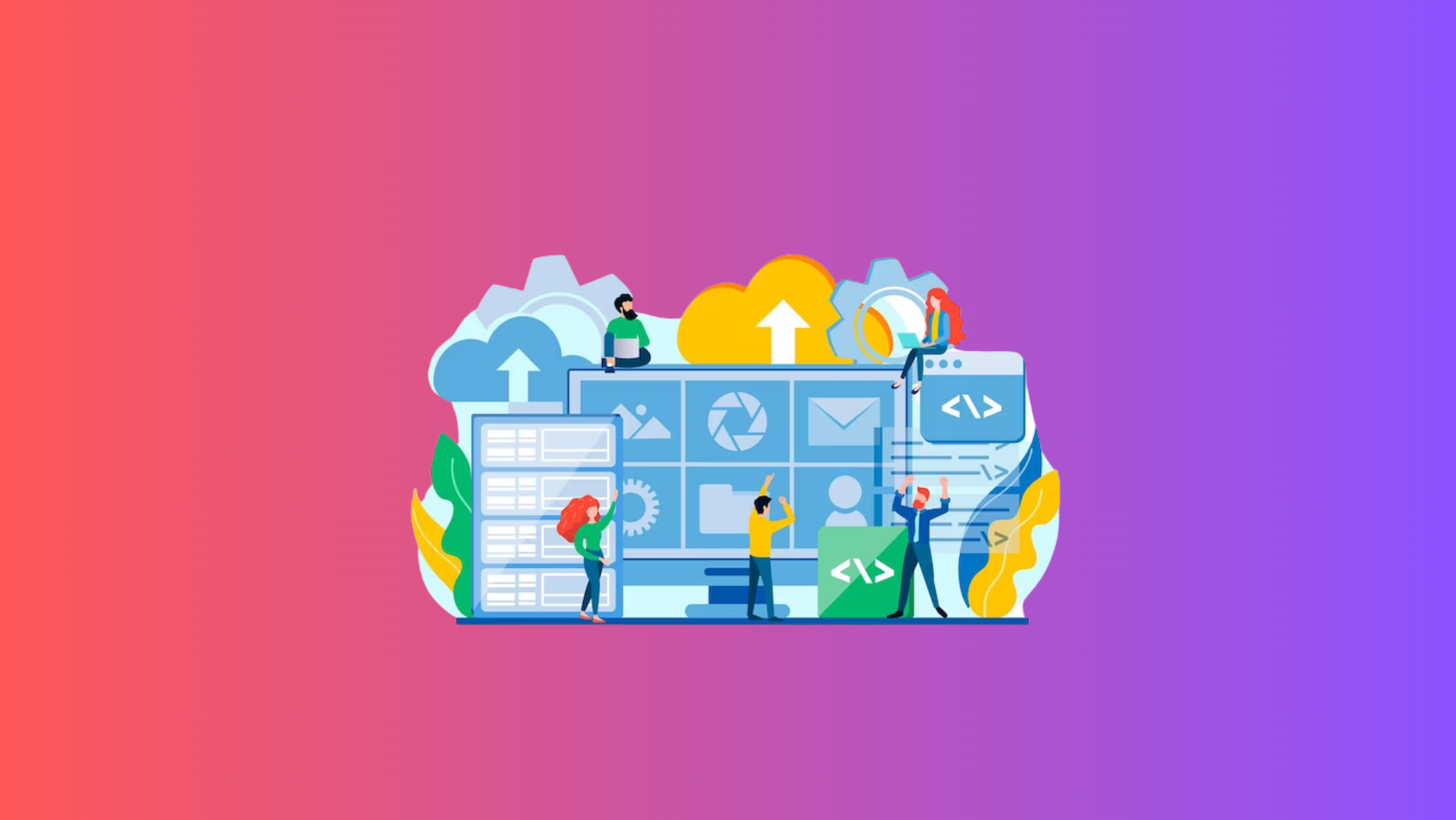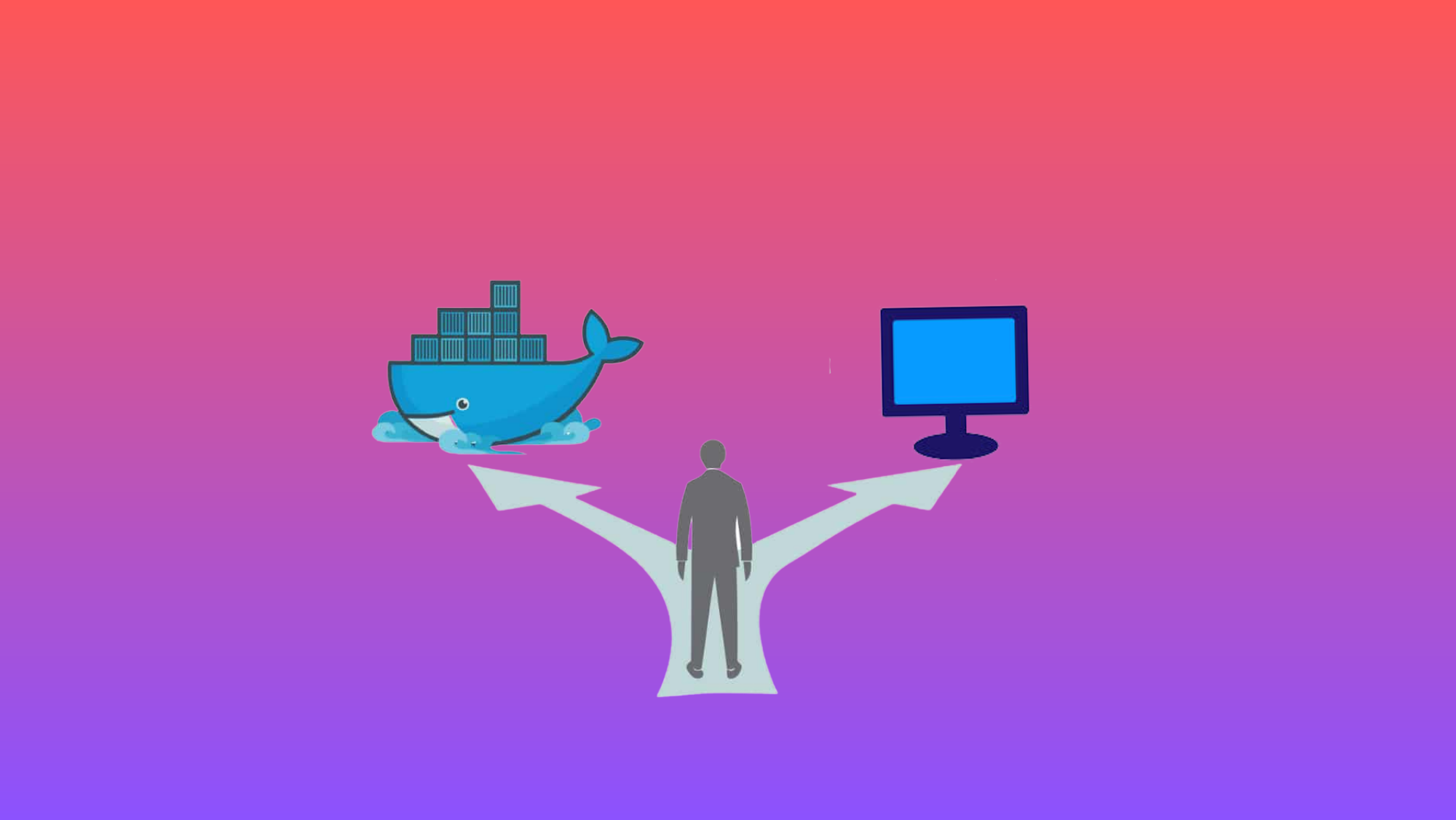Everything You Need to Know About Docker Training
Introduction:
Docker is an open-source platform that allows developers to build, package, and distribute applications as lightweight, portable containers. These containers provide a consistent environment for software to run, ensuring that applications work seamlessly across different operating systems and infrastructure. By abstracting the underlying infrastructure, Docker simplifies the deployment process and enhances scalability and efficiency. It revolutionizes the way software is developed, enabling faster delivery, easier collaboration, and efficient resource utilization, making it a popular choice in the world of modern application development.
Why is Docker Training Important?
1. Industry Relevance and Employability: Docker has gained immense popularity and has become a standard tool in the software development ecosystem. Many organizations are adopting Docker to streamline their development workflows and achieve efficient application deployment. By acquiring Docker skills, developers significantly enhance their employability and open doors to a wide range of job opportunities.
2. Efficient Application Deployment: Docker simplifies the process of deploying applications by utilizing lightweight, portable containers. These containers encapsulate the application along with its dependencies, making it easier to package and ship software across different environments. Docker training equips developers with the knowledge to create containerized applications that can run consistently on any platform, reducing compatibility issues and ensuring smoother deployment experiences.
3. Improved Collaboration and Compatibility: In a collaborative development environment, Docker provides a standardized way to package and share application components. With Docker, developers can create isolated development environments known as containers, ensuring that each team member works with the same software stack. This eliminates the "it works on my machine" problem and fosters seamless collaboration among developers, testers, and operations teams.
4. Scalability and Resource Efficiency: Docker enables developers to scale applications effortlessly by replicating containers across multiple hosts. With Docker's orchestration tools like Docker Swarm and Kubernetes, developers can manage clusters of containers, ensuring high availability and efficient resource utilization. Docker training equips developers with the skills to leverage these powerful orchestration capabilities, enabling them to build scalable and resilient applications.
5. Embracing Cloud-Native Development: In the era of cloud-native applications, Docker plays a pivotal role. By containerizing applications, developers can take advantage of cloud infrastructure and deploy applications in a distributed and scalable manner. Docker training enables developers to adopt cloud-native principles, such as microservices architecture and continuous delivery, empowering them to build modern, cloud-ready applications.
Docker Career Opportunities:
1. Docker Administrator: Docker Administrators are responsible for managing Docker environments, including installation, configuration, and monitoring of Docker containers and clusters. They ensure the smooth operation of Docker infrastructure, handle security aspects, and optimize performance.
2. DevOps Engineer: Docker is a fundamental tool for DevOps practices. DevOps Engineers leverage Docker to build, deploy, and manage applications, focusing on automation, continuous integration, and continuous delivery. They use Docker to create reproducible and scalable environments for development, testing, and production.
3. Containerization Architect: Containerization Architects specialize in designing containerization strategies and architectures using Docker. They analyze application requirements, create containerization plans, define container orchestration frameworks, and provide guidance on implementing Docker-based solutions.
4. Cloud Engineer: Docker is closely tied to cloud computing platforms. Cloud Engineers with Docker expertise deploy and manage containerized applications in cloud environments, leveraging platforms such as AWS, Azure, or Google Cloud. They optimize container deployment, configure scalable infrastructure, and ensure efficient resource utilization.
5. Site Reliability Engineer (SRE): SREs use Docker to enhance reliability, scalability, and availability of applications. They design fault-tolerant architectures, implement container orchestration frameworks like Kubernetes, and leverage Docker to streamline deployment workflows, automate infrastructure management, and perform system monitoring.
6. Solutions Architect: Docker plays a significant role in architecting and implementing modern application solutions. Solutions Architects use Docker to design and optimize microservices-based architectures, decouple components, and ensure flexibility and scalability. They work closely with clients to understand requirements, create Docker-based solutions, and provide architectural guidance.
7. Technical Trainer/Consultant: Professionals with Docker expertise can explore opportunities as technical trainers or consultants, helping organizations adopt Docker and train their teams. They conduct workshops, deliver training sessions, and provide consulting services to assist organizations in leveraging Docker effectively.
Prerequisites For Docker Training:
1. Basic Command Line Knowledge: Familiarity with the command line interface (CLI) of your operating system (such as Linux, macOS, or Windows) is essential. Understanding basic commands, navigating directories, and executing commands will help you work with Docker commands and manage containers effectively.
2. Understanding of Operating System Concepts: Having a basic understanding of operating system concepts, such as processes, filesystems, network interfaces, and user permissions, will provide a foundation for understanding how Docker interacts with the underlying system
3. Networking Basics:
Basic networking knowledge, including IP addresses, ports, and protocols, will assist you in understanding Docker's networking features. Understanding concepts like port mapping, container networking, and inter-container communication will be valuable during Docker training.
4. Familiarity with Virtualization: While not mandatory, having a basic understanding of virtualization concepts can be beneficial. Understanding the differences between full virtualization and containerization will help you grasp the advantages Docker offers and its relationship with virtualization technologies.
5. Experience with Linux Containers: Prior experience with Linux containers, such as LXC (Linux Containers), can provide a head start in understanding Docker's containerization concepts. Familiarity with container concepts like namespaces, cgroups, and container images will make it easier to grasp Docker's functionalities.
6. Familiarity with Web Technologies: Docker is commonly used in web application development and deployment. Having familiarity with web technologies like HTTP, web servers, and basic web application architectures will help you understand how Docker can be used to containerize and deploy web applications.
Conclusion:
Docker has emerged as a crucial technology in the software industry, offering numerous benefits for developers and organizations alike. By simplifying application deployment, enhancing collaboration, improving scalability, and enabling cloud-native development, Docker has revolutionized the way software is built and deployed. Embracing Docker training allows developers to stay competitive, enhance their employability, and leverage the power of containerization to streamline their development workflows and deliver applications more efficiently. Investing in Docker skills opens up a world of opportunities in the rapidly evolving landscape of modern application development.
You May Also Like
These Related Stories

Everything You Need to Know Oracle Application Framework Training

Mastering Oracle Application Framework: 5 Essential Tips and Tricks




No Comments Yet
Let us know what you think